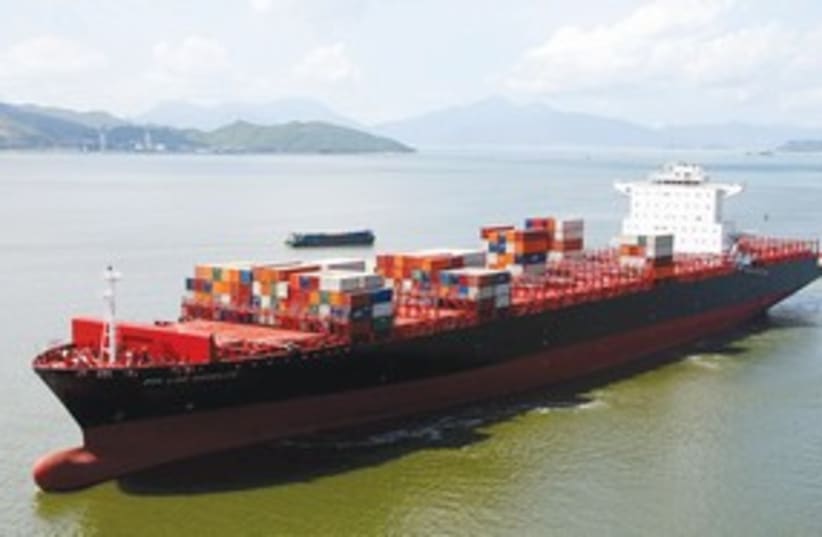Who are the few Israelis that could benefit from Trump’s trade war?
With the US threatening tariffs against China and the European Union – and both parties promising to hit back – many macro-economists are alarmed by the prospect of a budding trade war.
